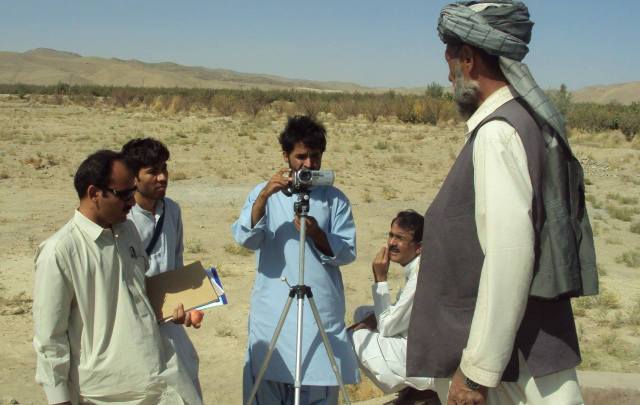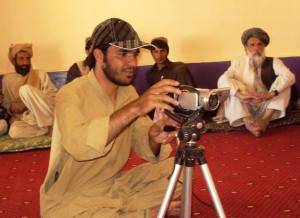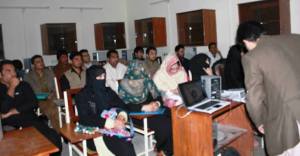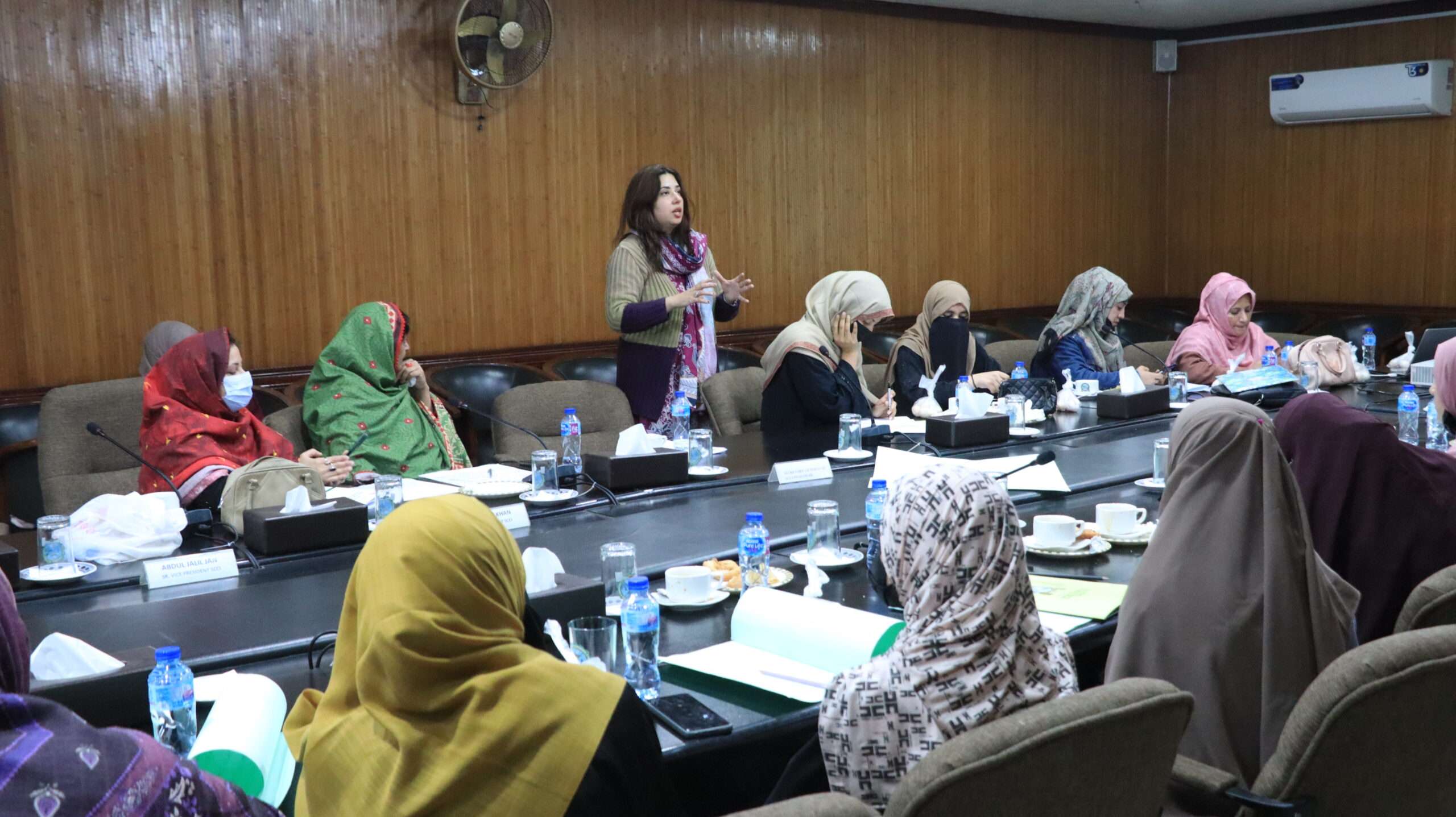By Hira Nafees Shah

Film is one of the most powerful mediums to raise awareness of social issues and change mindsets. Across the whole range of cinematic arts, filmmakers can bring to life the dreams and struggles of everyday people, engage pressing questions, and stir audiences to take action.
That’s what motivated Dawood Tareen, an alumnus of the U.S.-Pakistan Professional Partnership in Journalism (PPJ) exchange, to create and lead the spring 2014 “Film for Social Change” training program in Quetta, Baluchistan.
The idea for the training originated when Tareen heard many misconceptions about Pakistan and his home province of Baluchistan during his exchange in the United States, and he returned home with a desire to correct some of the misperceptions via film.

“When I heard people’s misguided notions about Pakistan, I thought our people are creative and I have to tell the world about it,” he said. “We can create a soft image through the medium of film, and empower our people.”
The Pakistan-U.S. Alumni Network funded the project through a $5,000 dollar small grant. All alumni of U.S sponsored exchange programs in Pakistan are eligible to apply for the grant to enable them to give back to their communities.
“Such a project has never been held before in Balochistan, so it is a completely new concept and will help to improve the image of the province,” Tareen says. “Balochistan is an unexplored area in terms of story-telling, so it is very important to engage people here.”
About 30 students from six colleges and universities across the province took part in the training, including 10 women. The four-month coursework consisted of script-writing, editing, audio-mixing and photography among other skills. Students worked in teams of three to co-produce a documentary film, as well as produce six short films of their own. The films tackled current issues such as Baluchistan’s acute water shortages, and the controversial sport of dog fighting.

“The medium of film is very important for Baluchistan to enable us to raise our issues,” said Najeebullah, an undergraduate student who participated in the training. “For example the province has many apple and grape gardens which are drying out because of power cuts, and through videos we can raise this issue so that the farmers realize their rights.”
“Outsiders’ fear of Baluchistan can be reduced, if we project the correct image of the province through films,” added Farida Mohammad Musa, a graduate student who participated in the training.
Another participant Samina Wajeed decided to focus on debate competitions held at her local university as the subject of her short film. Film can do wonders in raising awareness of issues faced by women in Baluchistan like education and health, she said.
After completing production in June, Tareen organized a screening of some of the resulting films at a local school. More than 150 attended the screening, including parents and elders within the community.

“The films had a very good impression on the audience,” said Amanullah Khan, the principal of the school where the videos were screened. “The issues touched upon in the movies were based on the needs of the locals, so we received a good response.”
As for Tareen, he is ecstatic with the rapid growth of the participants’ knowledge of filmmaking—as well as their potential for the future.
“My students have told me that in the past, they used to just watch films, but now they study the shots being used, so their perception towards movies has changed,” he said. “Of the six films made by the end of the project, three have been short-listed for screening at a film festival in Italy.”
Tareen also has plans to make his project sustainable. He hopes to hold a short film festival in Quetta in the future, and invite faculty from the National College of Arts and Indus Valley, so students have a chance to learn from Pakistan’s top experts. But for now, the alumnus is content about what he has been able to give back to his community.
“I have a deep sense of satisfaction and I am delighted that my efforts have borne fruit,” he said.





